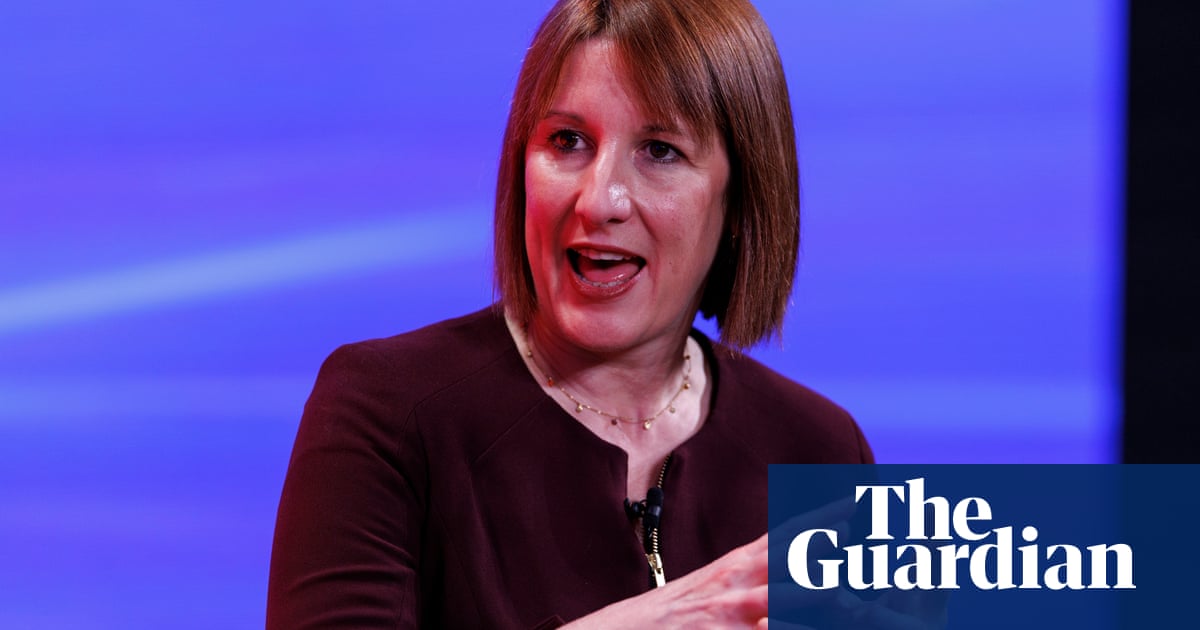
Rachel Reeves aims to make £40bn worth of tax rises and spending cuts in the budget, government sources have indicated.
The chancellor told a political cabinet meeting on Tuesday that filling the £22bn funding shortfall that Labour says it inherited from the Conservatives was only enough “to keep public services standing still”.
Reeves is drawing up plans to find £40bn to avoid the real-terms cuts to departments that had been baked in under the last government’s plans, the Times and Financial Times first reported.
The chancellor is finalising her first budget, which will be announced in two weeks’ time, and has vowed that there will be no return to austerity under this government. She told the cabinet on Tuesday that the UK faced a £100bn funding gap in the public finances over the next five years.
In its manifesto, Labour ruled out raising income, VAT or national insurance (NI), so ministers are looking for other revenue-raising policies. Among the measures being looked at are raising employers’ national insurance contributions (NICs) and levying NI on employers’ pension contributions. The government has said its promise not to raise NI only applied to “working people” rather than businesses.
Keir Starmer twice refused to rule out raising NI when interviewed on BBC Breakfast this week. He has repeatedly warned that there are “tough decisions” to be made in the budget on 30 October.
Businesses have said that increasing their NICs would be, in effect, a “tax on jobs”.
Paul Johnson, the director of the Institute for Fiscal Studies, said £40bn worth of tax rises alone would be “extraordinary” and that eventually ministers would need to target income tax if they went down this route.
after newsletter promotion
“If we get tax rises on that scale, that really will be extraordinary – I mean unprecedented,” he told BBC Radio 4’s Today programme. “Forty billion pounds is a big number. You can get there relatively easily actually in terms of the scale of additional spending that will be required down the line.
“Some of that can be covered by slight changes in the fiscal rules, some of that will be covered by some of the tax rises the party is already intending.” But he added that a “significant” amount would still be left over even after these measures, telling the show: “If they’re looking for £20bn or £30bn of tax rises, in the end, they will have no choice but to do something with income tax.”
Figures published on Wednesday suggested that last month inflation dropped below the Bank of England target rate for the first time since April 2021.
The Office for National Statistics said consumer prices index inflation fell to 1.7% in September, from 2.2% in August.
A Treasury spokesperson said: “We do not comment on speculation around tax changes outside of fiscal events.”
Source: theguardian.com


















